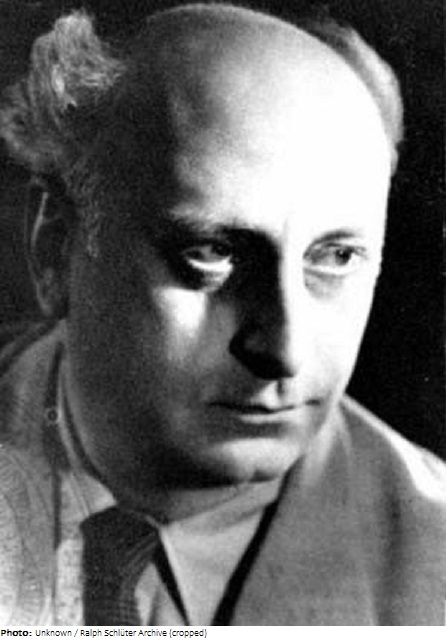Paul Constantinescu

Biographical information
| Roles | Competed in Olympic Games (non-medal events) |
|---|---|
| Sex | Male |
| Full name | Paul•Constantinescu |
| Used name | Paul•Constantinescu |
| Born | 30 June 1909 in Ploiești, Prahova (ROU) |
| Died | 20 December 1963 (aged 54 years 5 months 20 days) in București (Bucharest), București (ROU) |
| NOC |  Romania Romania |
Biography
Paul Constantinescu was of Jewish origin but an Orthodox Christian himself. He began his musical education in 1919 in Ploiești and studied at the București (Bucharest) Conservatory from 1929-1933 and then in Wien (Vienna). After his return in 1937, he taught composition at the Academy of Religious Music, then at the School of Military Music and, until his death, at the Bucharest Conservatory. He was also a violinist, conductor, and composer. After the Fascist takeover, and later under Communist rule, he was under police surveillance for decades.
Constantinescu drew his inspiration from local folklore and Byzantine religious chants. His compositions covered all possible genres of music: opera, symphony, ballet, oratorio, song, and film music. He performed on radio and television and was an advisor to the film department in the Ministry of Propaganda and the Romanian Radio. He also engaged in poetry, drawing, and film, and researched Byzantine folklore. Juventus, written for orchestra in 1952, is described in the catalog of works as a sports overture.
Results
| Games | Discipline (Sport) / Event | NOC / Team | Pos | Medal | As | |
|---|---|---|---|---|---|---|
| 1952 Summer Olympics | Art Competitions |  ROU ROU |
Paul Constantinescu | |||
| Music, Compositions For Orchestra, Open (Olympic (non-medal)) |